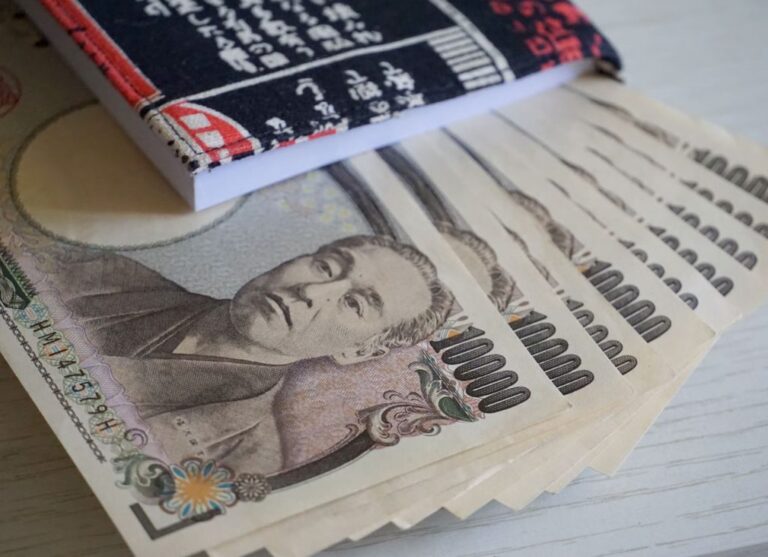
Morning Brief – Thursday 8th
Yesterday didn’t quite resemble the events of 16th September 1992, black Wednesday, when market chaos ensued and the British Pound was forced to drop out of the Exchange Rate Mechanism. However, there were dangerous currents afoot across bond, foreign exchange and equity markets showing a widespread flee to safety: perhaps it’ll go down as Gold Wednesday?! The Rand and Pound were hurt alongside emerging markets with the Euro, Japanese Yen and other defensive safe-havens weathering the storm admirably. Gold in particular, currency pair XAUUSD, rallied to a 6-year high, breaking the important €1,500 per Ounce level.
Markets were spooked when the Indian, Kiwi, and Thai central banks all unexpectedly cut rates signalling an acceleration of defensive global monetary policy in anticipation of the residual risks that each of these nations could face as a result of global economic conditions. The foremost in each bank’s mind was the trade war which today shows little sign of slowing down. Last night, the PBoC set its USDCNY rate fixing above 7 for the first time since 2008. Whilst this was below analysts’ expectations given the previous day’s price actions, the event is unusual and does suggest Chinese monetary authorities aren’t afraid of Yuan devaluation.
We found out on Tuesday that the US was not keen on this defensive move against the imposition of tariffs and a relentless move to devalue the domestic Chinese currency despite international (US) condemnation creates the expectation in investors’ minds that further trade confrontation is to come. Trump expressed anger once again at China, claiming they are an anchor on the US economy. Officials failed to calm the market’s concern when they claimed that they still anticipate Chinese negotiators to travel to Washington in September. The real fear driving investors to Gold and away from risk is that of a global recession: the fear that the economic world slows down.
Emerging markets require a lot of support and spill over from favourable global economic conditions in order to ensure external demand for the primary goods that they typically export. Expectations that global growth will suffer weighs on emerging markets so, during these times, assets that are backed by economies that are perceived as riskier require strong institutions. In particular, emerging market currencies require a strong politics and an integral central bank. Queue South Africa… Yesterday, in the middle of a mini market meltdown, the governor of the South African Reserve Bank chose to bring the question of the bank’s ownership and mandate into the foreground creating two expectations: 1) who should the bank be serving given its stake/shareholders; 2) what should/could the bank even do to serve these stakeholders if it knew who they were? The bright idea to remind markets of the fragility of the South African monetary authority during a time when investors and traders are selling risk off in droves in a flight to safety unsurprisingly led the Rand to underperform versus its peers. Down nearly a percent on the day yesterday in European trading, the Rand consolidated some strength overnight but risk sentiment remains fragile as we progress through this morning’s session.
Discussion and Analysis by Charles Porter

Click Here to Subscribe to the SGM-FX Newsletter
Related Insights

Morning Brief – Japanese Yen
Japanese Yen With JPY at a new 34 year low versus EUR, the market is set for an ambush by the Bank of Japan if it acts today at the end of their Policy Meeting to support the Yen. The reason that the market is susceptible is because it has convinced itself that the BoJ […]

Morning Brief – Coalition
Coalition This briefing is about South Africa and the Rand, which frequently proves to be one of the more divisive subjects within our roster of currencies. In particular, with the election looming, this will be about South African governance. Not from a political or human perspective about what may be the best long term outcome […]

Morning Brief – US Tariffs on Chinese Imports
US Tariffs on Chinese Imports Recently we wrote about how Mexico has become the Number One trade partner for the USA. It now transpires that Mexico may have had what is known as a little assist with their numbers: the statistics for the number of 20 foot shipping containers for the first three Quarters of […]



 Humphrey Percy
Humphrey Percy Charles Porter
Charles Porter